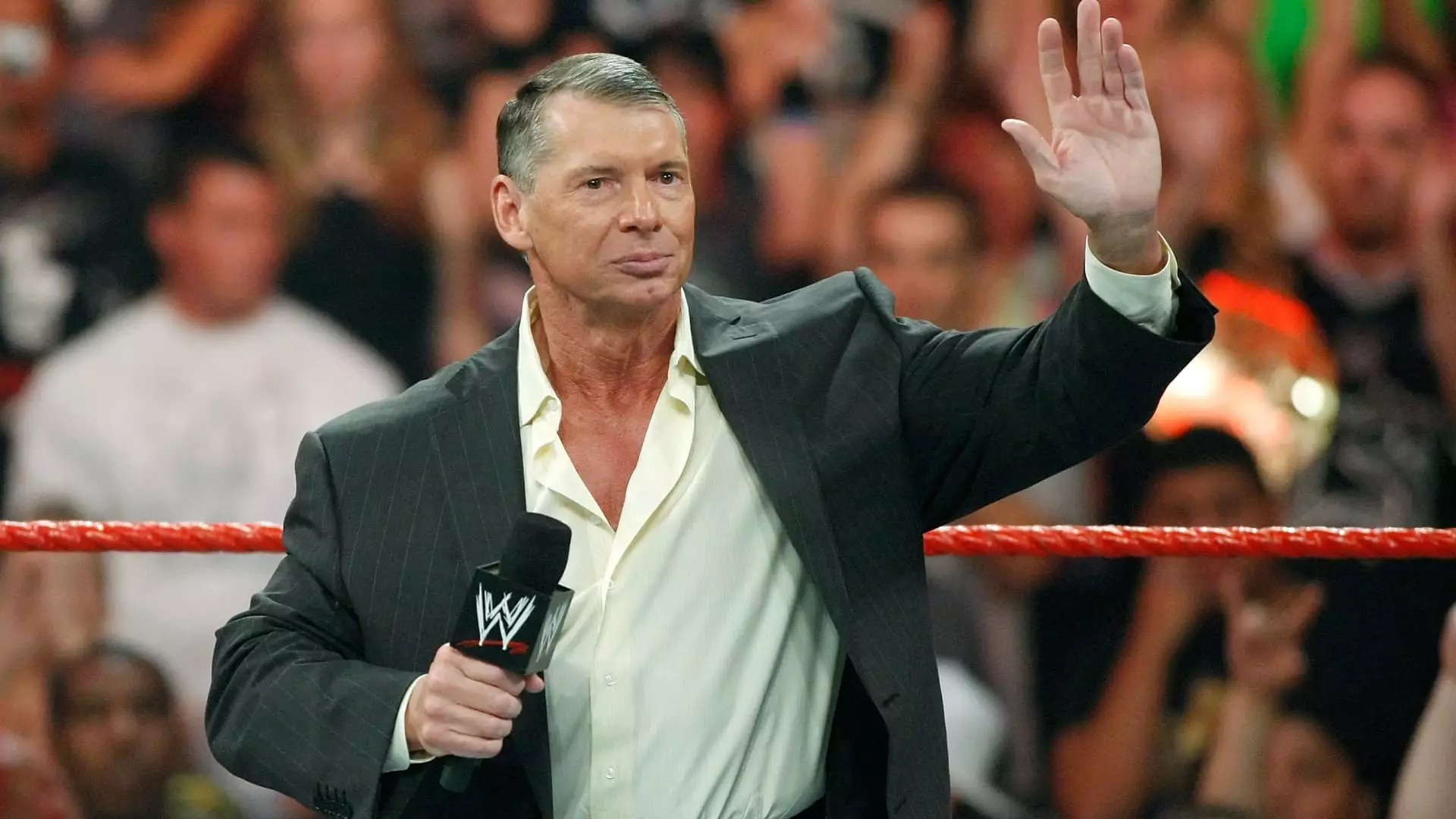In a shocking turn of events, Vince McMahon, the high-profile figure behind the World Wrestling Entertainment (WWE), and his enterprise face a significant lawsuit alleging knowledge and negligence concerning the sexual exploitation of young boys by a former ringside announcer, Melvin Phillips Jr. This lawsuit, initiated on behalf of five claimed victims, underscores a troubling narrative dating back to the 1980s and 1990s, revealing not only individual misconduct but potentially systemic failures within a prominent entertainment institution.
The lawsuit, filed recently in Baltimore County, explicitly accuses McMahon, his wife Linda McMahon, WWE, and TKO Holdings of permitting an environment rife with abuse. The claimants, referred to as John Does, accuse Phillips of grooming and sexually assaulting them under the pretense of giving them backstage access to wrestling events and famous athletes. Such heinous acts reportedly occurred in various settings, including hotels, with allegations that other WWE officials were aware of Phillips’ inappropriate behavior yet chose to ignore it.
This case brings to light disturbing factors surrounding the “ring boys,” young boys as young as twelve who assisted wrestling announcers during their performances. Law firms representing the alleged victims described these boys as being predominantly from difficult backgrounds, making them particularly vulnerable to manipulation. Phillips’ calculated approach in exploiting these boys paints a chilling picture of predatory behavior that calls into question the duty of care owed by institutions like WWE.
A critical element of this suit hinges on the accountability of Vince and Linda McMahon, who are accused of being aware of, and perhaps complicit in, the environment that allowed such abuse to flourish. According to the suit, Vince McMahon had dismissed Phillips in 1988 following allegations of misconduct but quickly reinstated him. Such actions suggest a troubling pattern of negligence and complicity that could shed light on the broader culture within WWE during that era.
Statements from DiCello Levitt, the law firm representing the claimants, indicate that many insiders may have known of Phillips’ behavior, yet no meaningful action was taken to protect vulnerable individuals. Greg Gutzler, a partner at the firm leading the case, expressed disbelief at the apparent failure to act on known threats, describing the situation as “unconscionable.” This sentiment echoes a growing dissatisfaction among advocates for survivors of abuse, demanding accountability from both individuals and institutions in positions of power.
The legal landscape surrounding this case is further complicated by ongoing national discussions regarding abuse, accountability, and the statute of limitations. Recent changes in Maryland law have provided a small window that allows delayed disclosures of such heinous acts to be pursued in court. Marci Hamilton, CEO of Child USA, has acknowledged the importance of these reforms as essential tools in seeking justice for victims who have historically been silenced by legal timelines that favor abusers.
In the broader context, the allegations against McMahon are symptomatic of a culture that has, for too long, prioritized institutional reputation over the well-being of individuals. High-profile cases like this reveal a pattern not just in wrestling but across various industries, where power dynamics often lead to the victimization of the vulnerable.
The unfolding situation around Vince McMahon and WWE begins as a stark reminder of the responsibility that comes with power, especially in environments that engage children and young adults. As this case continues to develop, it highlights a growing societal consensus that abusive practices will no longer be tolerated, nor will those who enable such environments escape accountability. With public interest amplified by recent documentaries and the broader movement against sexual abuse, all eyes will remain on WWE as they navigate the murky waters of this latest chapter in their storied and controversial history. The bravery of the claimants may indeed pave the way for justice, not only for them but potentially for many others who have found their voices amidst this dark legacy.

Leave a Reply